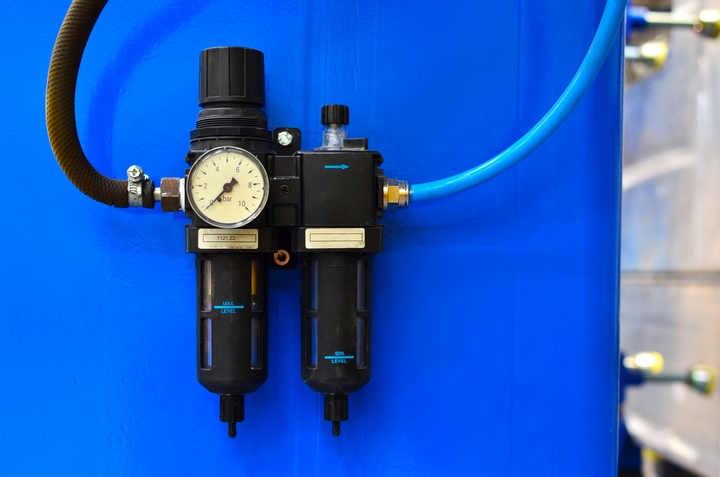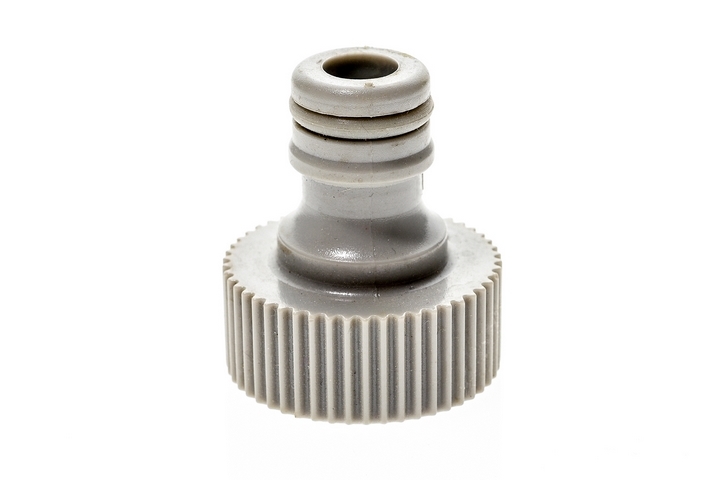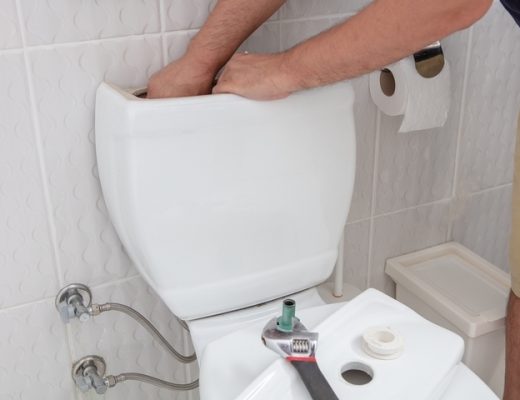It’s easy to take water pressure for granted until you suddenly have a problem. Low water pressure is apparent when water flows slower than normal. You may notice this change when filling a drinking glass, having a shower or when running a load in the dishwasher. Whatever your first clue, your mind will likely turn to questions about root causes—why is the pressure so low? Will it be a major problem or something minor? How do I fix it?
Here are ten common causes of low water pressure in your house:
1. Water Meter Valve is Partially Closed

While this valve is seldom touched and generally not likely to be the cause of low water pressure, if you’ve recently had plumbing work done, it could be the culprit. The water meter valve is usually located outside the home, either on an exterior wall or in an attached box or garage. If this valve is the issue, you will notice low water pressure throughout the entire house.
2. Main Home Shutoff Valve Has Been Moved

You are probably more familiar with the other shutoff valve in your home—the main shutoff valve. In Canada, this valve is normally found inside the home, located near the main supply line from the city.
While usually protected by some form of box, it is possible for the valve to be bumped or moved, limiting the water supply to your home. Check that this valve is all the way open, either by making the lever valve parallel with the water pipe or by ensuring the wheel handle is turned all the way to the left.
3. Water Pressure Regulator

If you determine that your neighbours’ water pressure is just fine, while yours is low, you will want to see if your home is equipped with a water pressure regulator. Not all homes have these devices, but a former home-owner may have installed one. They are designed to limit the pressure coming from city pipes, in order to maintain a safe level for your own pipes. A failing water pressure regulator can suddenly change pressure—either up or down—in your whole house.
4. Rust Buildup

It is tricky to diagnose the well-being of water pipes in your home until there is an issue. If your home has steel galvanized plumbing, corrosion will occur, ultimately leading to a buildup of rust. Eventually, this will cause a deterioration of water pressure, until they become blocked entirely. Galvanized plumbing needs to be replaced.
5. Water Heater Piping

Sometimes, the water heater is one of the causes of low water pressure. If you’ve always had low pressure, look at the plumbing leading to and from your water heater. Sometimes only a 1/2” pipe is used, which will lead to low water pressure in general. This is easily fixed by increasing the size of these pipes.
6. Water Heater Sediment Buildup

Water heaters should regularly be drained and cleared of sediment. If you don’t remember the last time you did this, your low water pressure could easily be caused by a buildup of sediment in your water heater.
7. Blocked Shower Head

If your water pressure is only low in the shower, chances are you have a block in the shower head itself. Over time, calcium and other mineral deposits can build up and eventually clog the small spray holes in a shower head.
8. Buildup in Nozzle

Similarly, if you only have low water pressure at one faucet, you likely have mineral buildup. You can check this by removing the nozzle, running the water and checking its pressure. If it seems normal without the nozzle, you’ve found your culprit. If the water pressure is still low, you may have an issue with the water line to the sink.
9. Leak in Water Main

If you suspect your home’s low water pressure is caused by a leak in the water main, check the ground around your basement or garage, wherever the water main enters your house. A slow leak can also be apparent on your water bill, as you pay for water that never actually enters your home.
10. Leak in House Plumbing

Always a concern for homeowners, you will want to make sure that your low water pressure is not caused by a leaking pipe within your house. Water damage can be extensive and can happen quickly. If you suspect a leak in your pipes, turn off the water to your house and call for the assistance of a certified plumber.
Low water pressure is more than an inconvenience. It can be a sign of something that needs immediate attention. The first step in managing this issue is to narrow down the root cause. Because there are several causes of low water pressure, many times hidden or difficult to diagnose, you may want to enlist the help trustworthy plumbing service in your area.




